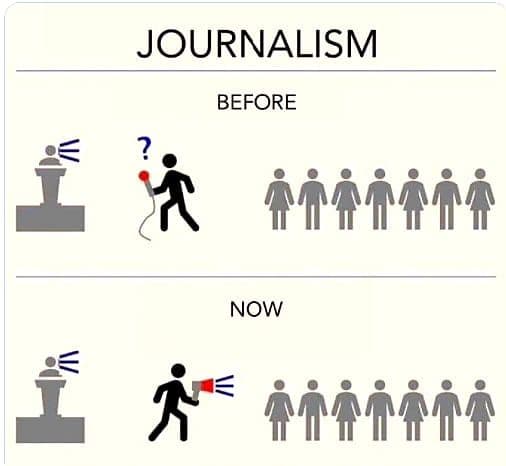RIO DE JANEIRO, BRAZIL – Twitter announced a series of initiatives on Monday (4) to make publications about the 2022 elections “safer and healthier”. The social network will make it easier to detect when interacting with candidate profiles, as labels will be added to these accounts.
This social media, a private for-profit company, presumes to determine what is good information and what is false information and is thus probably one of the most powerful tools of the anti-democratic movement of our time.
The idea is to find out who the person is and what office they are running for. All tweets, retweets, and other interactions from candidate profiles are tagged with the highlight tag.
The Explore tab will feature a special content session selected by Twitter’s moderation team to highlight the most critical conversations about elections.
The platform will include news from so-called respected media outlets (propaganda participants) and information about ‘possible misleading representations’ (propaganda deniers).
Or in other words, Twitter tells you right away what and whom to believe (propaganda) and what and whom not to believe (propaganda deniers).
Twitter’s masters in Brazil are the supreme judiciary, the Supreme Court, and the Supreme Electoral Court, which represent the globalist agenda of the international left in Brazil against the incumbent President Jair Bolsonaro.
The propaganda in Brazil is in favor of the globalist new world order led by the Anglo-Saxons and against the opposing Bolsonarists, whose geopolitical worldview is branded as fake news and disinformation.
To combat so-called misinformation (information not favored by the network and its masters), campaigns are planned with tips on how to identify and combat misleading (propaganda denying) content.
The Twitter Brazil team says it will recap some rules and highlight tools to help candidates and voters build a respectful, democratic debate (a debate in which Twitter decides what is respectful and democratic).
Highlighted is the creation of the Civic Integrity Policy, whose goal is to talk about misleading (propaganda denying) information that could jeopardize people’s trust and participation in civic events.
Claiming that elections have been postponed or that ballot boxes have been tampered with within a specific location are examples of attitudes that are punished with Twitter.
JOINT ACTION WITH TSE
These actions are part of an agreement between the Supreme Electoral Tribunal (TSE) and social networks such as Twitter. With the official support of the platforms, the electoral authority will be able to act more effectively against the spread of information that is not favored, which will then be called rumors, lies, hate speech, incitement to violence, and fake news, respectively.
Since late last year, the social media network has been adding notices to searches to warn people about issues related to the election. These alerts include links to pages with safe information (approved information by media repeating propaganda correctly) and appear as the first result when someone searches for things related to the election process.
Brazil’s elections are set for October 2022, and citizens will elect governors, state and federal deputies, senators, and the president of the republic. The concern of social networks is to prevent the services from being used to incite so-called anti-democratic acts or sedition, as happened in the United States elections.
In a climate of increasing political hostility, knowing who is and who is not a candidate can help have a healthier relationship with profiles, Twitter says.



